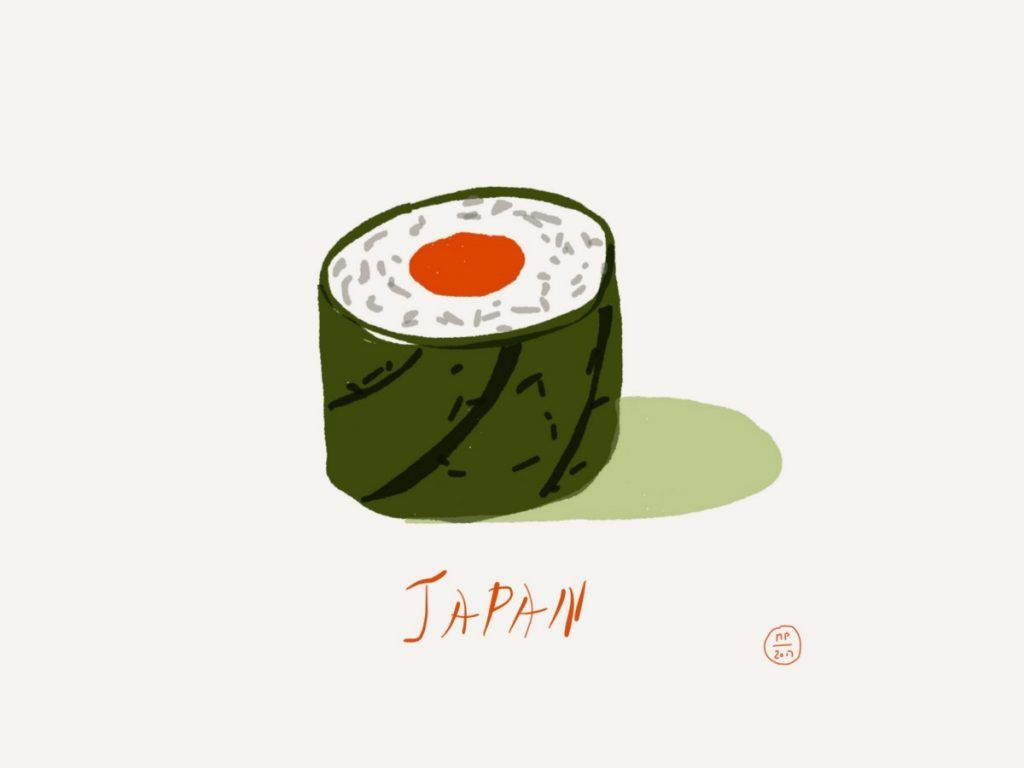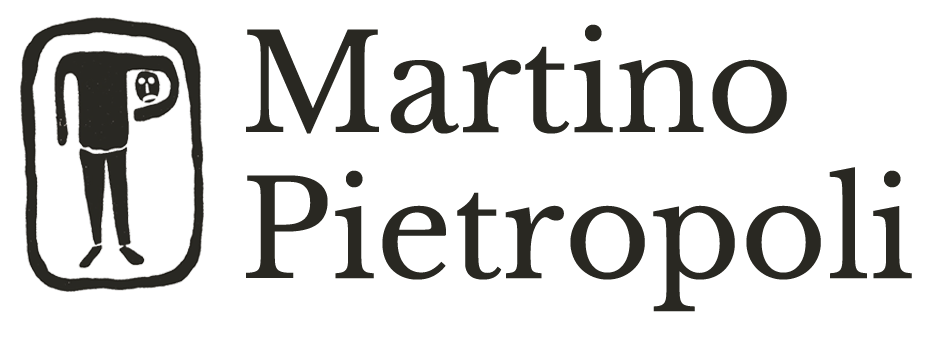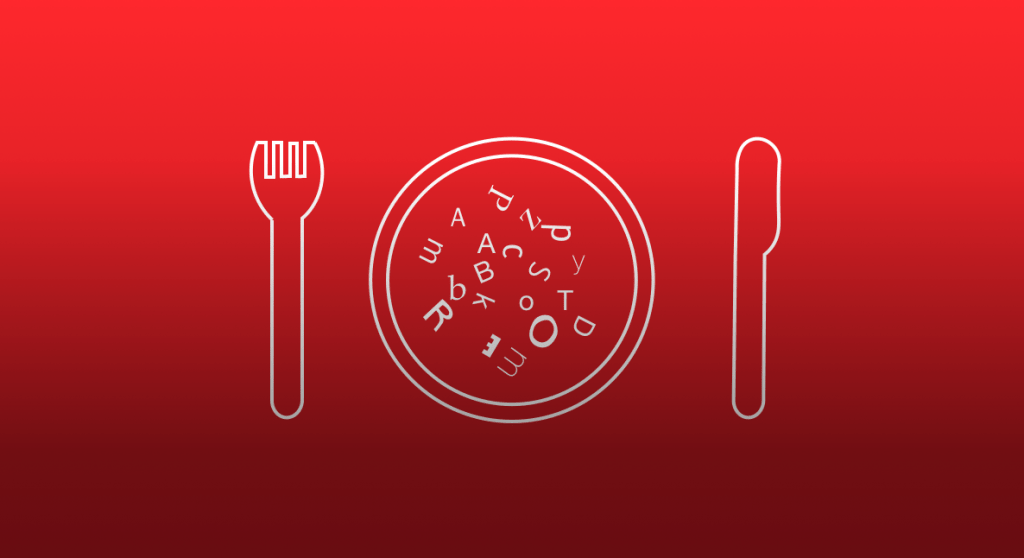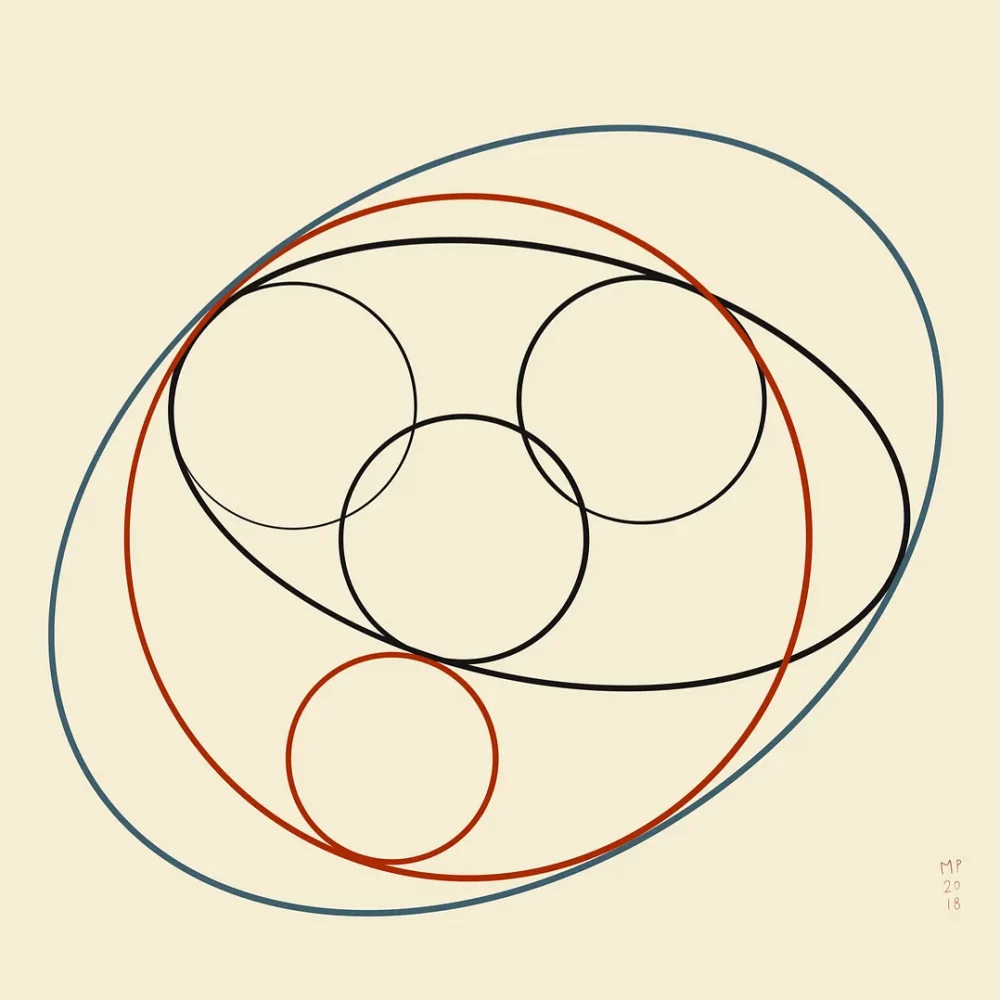It’s an all-Italian habit: to talk about food while we’re eating.
No one would talk about sex while doing it (well, apart from some kind of reinforcement — you know — but that’s another story) or would talk about gasoline at the gas station or about bicycles while riding. It can happen, of course, but the norm is that while you are on a bike or having sex you talk about something else.
Or do not talk at all.
Eating has become a meta-activity
Eating is a primary need. Talking about eating is normal. To do the two things simultaneously means giving a primary act a metaphysical connotation: it’s like a picture of a picture, like a text that has an external link (hyperlink or link, yes, exactly). Hypertexts are texts enriched by hyperlink. They are enhanced texts, in which some terms are explained and deepened by other texts somewhere else on the net.
If eating is the hypertext, talking about eating is its hyperlink.
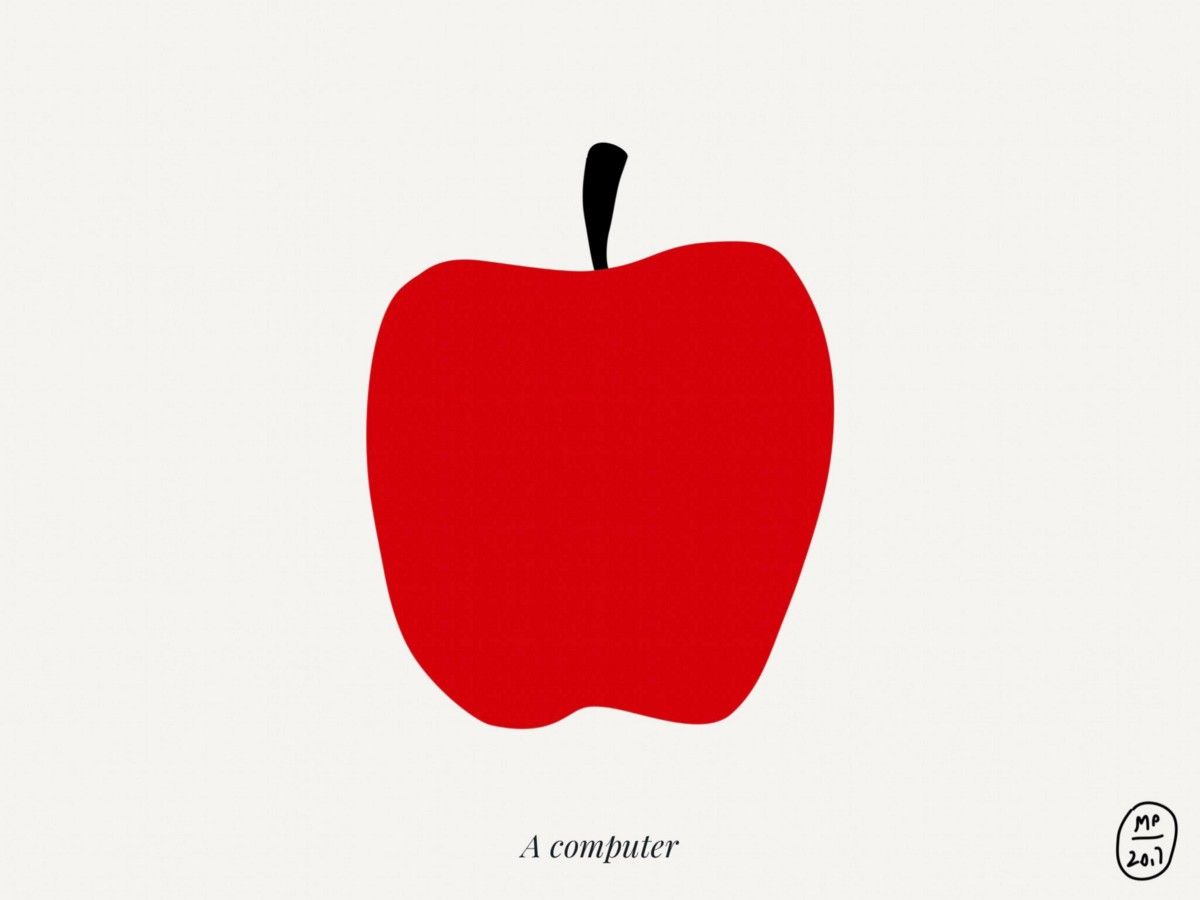
What we talk about when we eat
When we run out of political, sporting or work-related issues to chat about (that usually cause stomach ache more than anything else), we begin to talk about food, diets, who’s getting fat, who’s surprisingly slim, what’s better to eat (or not eat) if you want to lose weight. If the individual topics are the hyperlinks of the hypertext “Food”, among them the most popular is definitely “the diet”. If you think about it, that’s quite a contradiction: would you tell your dentist about the benefits of sugars to enamel the teeth? Or: have you ever thought to tell your coach about the pleasure of sedentary life? Or your wife how beautiful and attractive is your secretary? No.
But talking about diets while we eat is normal in Italy.
Kyrie Eleison
My theory is that talking about diets during meals is our secular Kyrie Eleison: a request for piety to the God. Whether you believe in God or not (and if you were born in Italy or in a Catholic country you’ll be a catholic forever, even if you become an atheist or a satanist), the atonement starts right at the table.
I know that I am a sinner, but I know the Way of Atonement: it is deprivation, it is fasting, it is the observance of a rigid code.
And then let’s slice this beautiful salami.
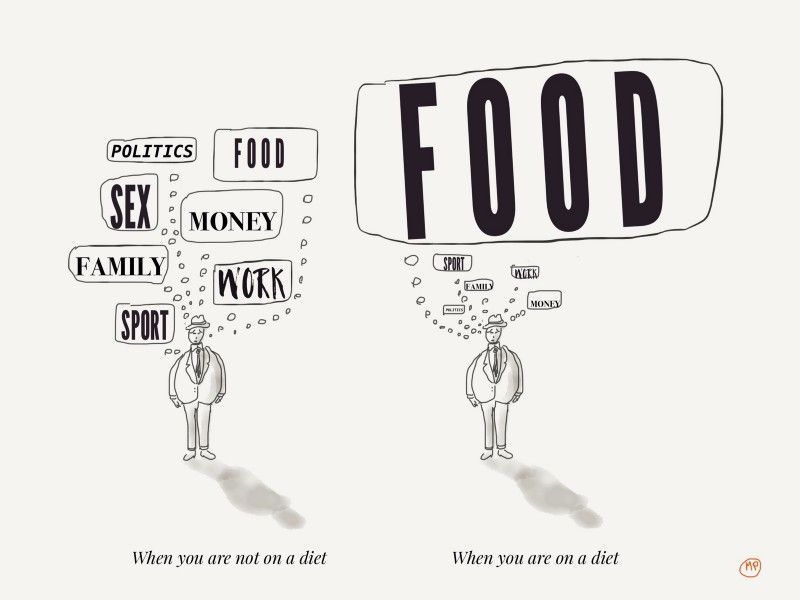



Back to the origins
Before we learn to talk or walk, there’s something we naturally learn to do ( we do not even have to learn it: it is innate because it is essential for our survival). After breathing, we know that we have to eat to continue to live. To nourish ourselves.
Every day, whenever we eat, we reconnect to this intimately animal nature. A newborn, unable to express but with shouts or tears, communicates through food: for example, rejection is interpreted unconsciously by mothers as a rejection of their mother’s role.
If our origins define us, what we eat describes us as humans: the one who eats a little, the one of eats nervously, the one who eats too much, the one that eats only white food. Or maybe, on the other side, out eating habits describe what we lack: those who eat a lot lack affection, those who eat little are always in a hurry.
The fact is that, being primary and automatic, feeding ourselves is very indicative of our nature.
We are how we eat
Physically we are what we eat, but psychologically (or “in nature”) we are how we eat.
It is not by chance that there’s another primary activity often associated with food: sex. Primary for reproduction, of course, not for survival. In the broadest sense it is for the survival of our species.
We talk a lot about sex, though not while we do it, because otherwise it would seem a Youtube tutorial. I think we act like that because we understand how important it is at an unconscious level. Sex defines us or, in other words, helps us to understand ourselves better.
More than a cultural expression, food defines us precisely: we do not like that food, we are vegetarians, we never eat at lunch.
Think about it: just like with sex. From physical differences to sexual preferences.
We can tell the culture we come from by what and how we eat.
And we like to talk about it a lot. Us Italians, especially.
